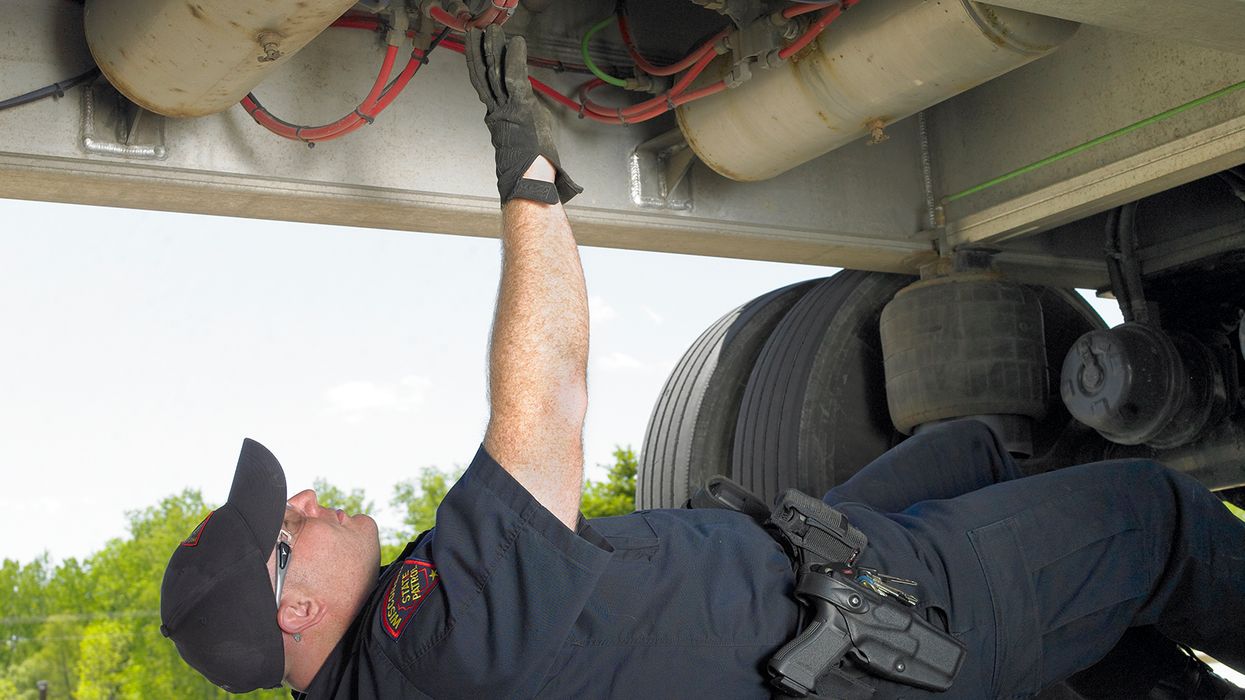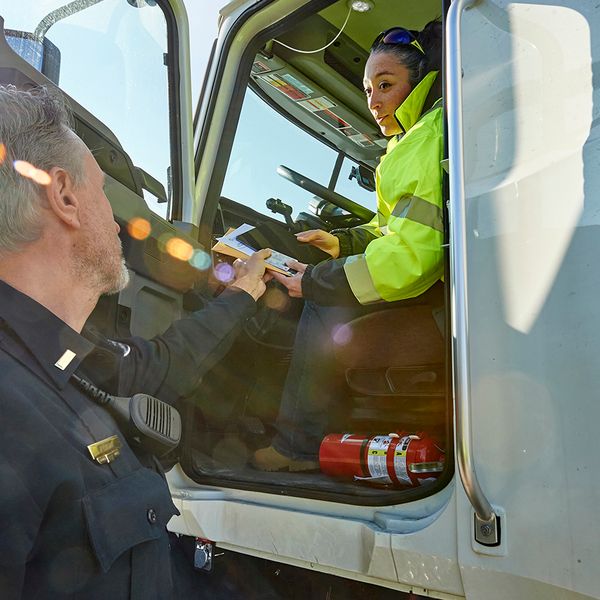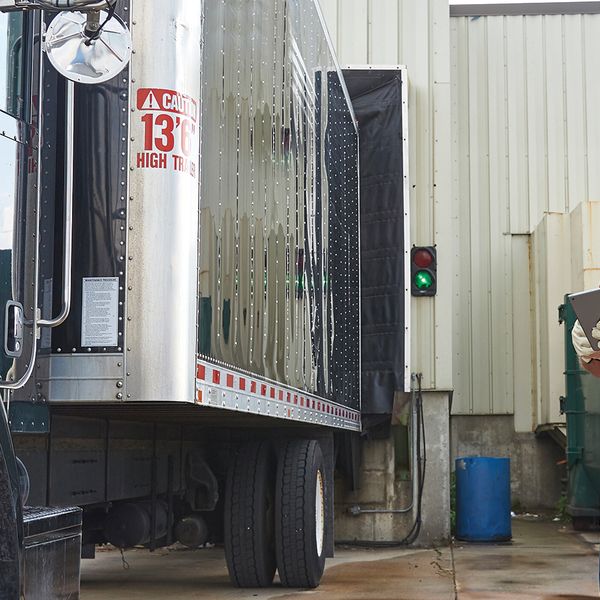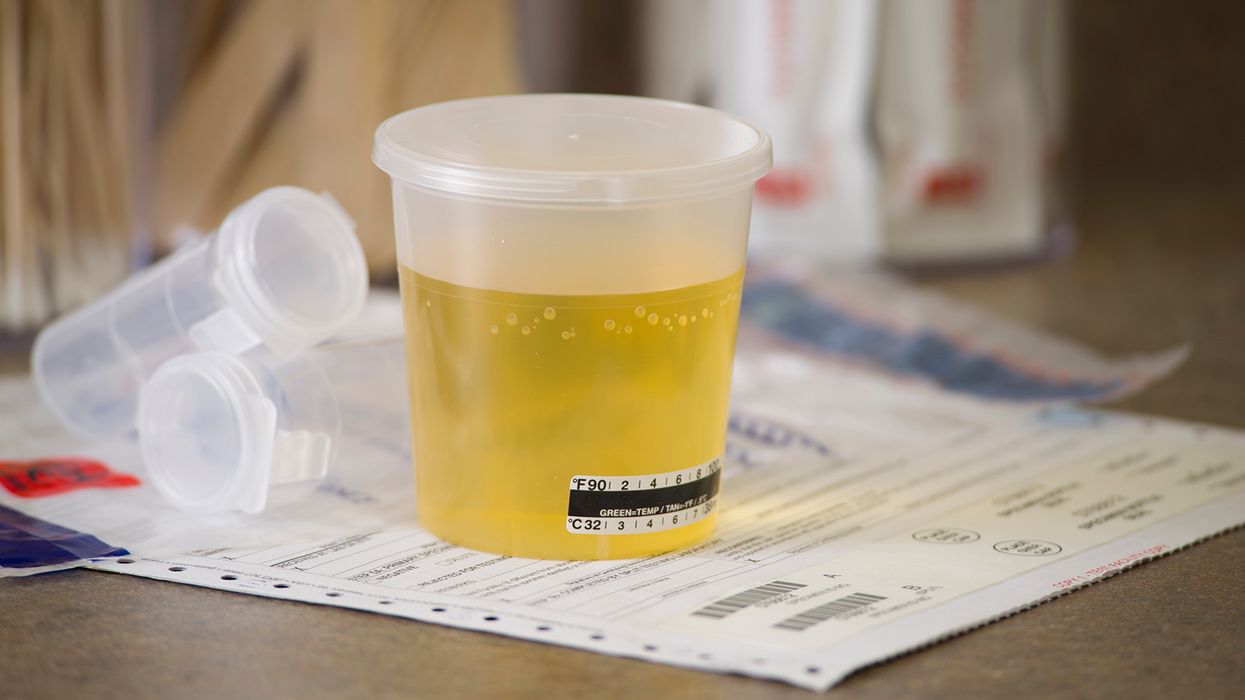FMCSA moving forward to tie safety data to safety ratings
A compliant, safe motor carrier may no longer be defined by the results an audit if proposed changes move forward. What happens on the road would factor into the safety rating process.
A proposal, published on August 29, 2023, would tie a motor carrier’s safety rating to its roadside inspections and crash history. This change would amend the safety rating regulations (49 CFR Part 385) to fit within the Compliance, Safety, Accountability (CSA) enforcement model.
The Federal Motor Carrier Safety Administration (FMCSA) is asking for input on the potential use of the Safety Measurement System (SMS) Methodology (i.e., CSA enforcement tool) to issue safety fitness determinations (SFDs). Currently, the SMS is not used in any way to generate an SFD.
Comments on the proposal will be accepted through November 29, 2023.
A related FMCSA project to update SMS Methodology is the first step in advancing FMCSA’s goal of revising the safety rating process.
Proposed changes to the SMS
FMCSA published a notice in mid-February requesting comments on proposed changes to the SMS Methodology. Note that changes to the SMS model don’t require the rulemaking process. Rather, the notice was for information collection purposes. Comments were taken through May 16, 2023.
Currently, the SMS analyzes motor carrier safety data — violations, crashes, and other metrics — to help identify high-risk motor carriers. The proposed changes to CSA would not change the data sources. It would, however, change how the information is used. In part, the changes will bring a new roadside violation rating system, a new emphasis on drivers’ pre- and post-trip inspections, and new cut-offs for enforcement actions.
Motor carriers are encouraged to log into their personal SMS accounts to see how the proposed changes would impact their CSA scores using current data. This preview is also available to other stakeholders using an example carrier.
FMCSA previously proposed changes to the methodology using an Item Response Theory (IRT) model. A test of the model found it to be overly complex with many limitations and challenges. The IRT modeling study, however, helped FMCSA identify areas to improve upon, resulting in the most recent proposed SMS changes.
Since the methodology does not require rulemaking, FMCSA could update its SMS Methodology at any time or could go back to the drawing board as they did with the IRT Model.
Motor carrier safety ratings
The safety rating process is outlined in Part 385, so it requires a lengthy rulemaking process to use a motor carrier’s data (absent an investigation or audit) to change a safety rating and/or potentially place a carrier out of service.
The proposed rulemaking asked stakeholders to address the following:
- Is the current safety rating system (Satisfactory, Conditional, or Unsatisfactory) effective?
- What modifications should be made to:
- The current review process,
- The list of acute and critical violations, and
- How safety ratings are calculated.
- Should passenger-carriers be held to a higher standard than property carriers? If yes, how?
- What is the impact of potential SFD changes on states?
- What is the feasibility of using the SMS data in the rating of carriers?
- How can driver performance and violation data be used?
- Should a carrier’s use of safety technologies be a factor? If yes, how?
Key to remember: CSA safety data may soon determine a motor a carrier’s safety rating without FMCSA having to perform an audit.



















































